Survey Shows Younger People Less Interested in Driving
Although it’s no secret that most industrialized countries are experiencing ageing populations, which, related to motoring means the average age of drivers on the road is increasing year after year; a study from the University of Michigan has also found, that in many of these nations, younger people are also showing less interest in getting behind the wheel.
According to the study, conducted by the U of M’s Transportation Research Institute in Ann Arbor; in the US and other developed nations, notably Canada, Germany , Japan, Norway, South Korea, Sweden and the United Kingdom, a higher proportion of internet users led to corresponding lower amount of driver license applications. In the US, dropping application rates saw the ratio of drivers under 30 decrease to 22 percent of the motoring population by 2008; back in 1983 this group represented a third.
According to Michael Sivak, head of the Institute’s human factors group, the lower rate of license applications is “consistent with the hypothesis that access to virtual content through electronic means reduces the need for actual contact among young people.”
Rebecca Linland, an senior analyst with IHS Automotive, agrees with Sivak, stating that, “in every other generation, kids had to leave the house to see their friends and now you can do all that online,” she said. “A car is no longer required.”
However, Lindland does acknowledge that interests and needs change over time, thus as today’s youth grow older, shifting priorities will likely see them develop requirements for personal transportation down the road. That said, she still thinks the way in which young people today will perceive and use vehicles could very well be different that what we’ve witnessed over the last four or five generations. “It’s the first time we’ve seen that and that’s why it’s a bit alarming,” she said.
[Source: Automotive News]
More by Huw Evans



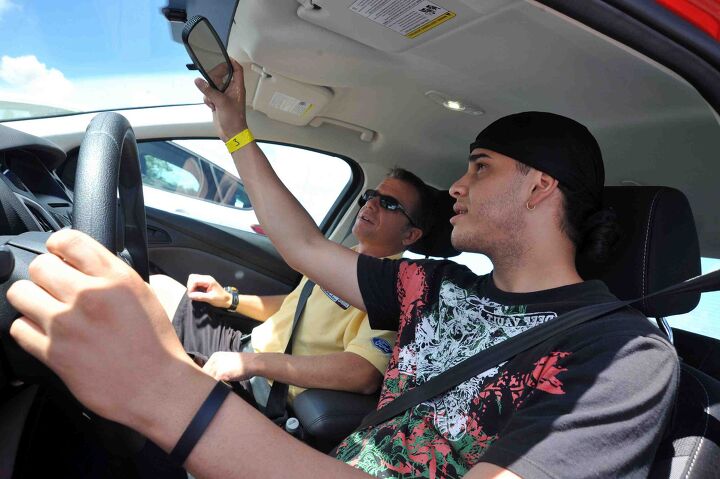











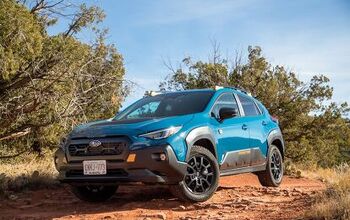


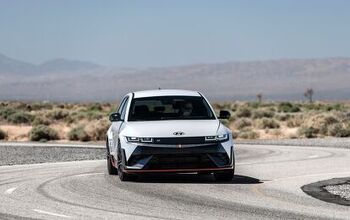
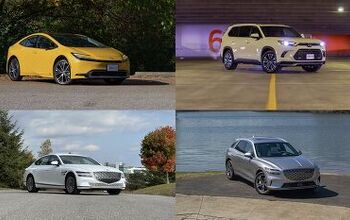


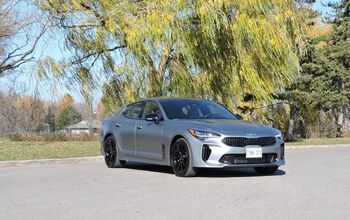



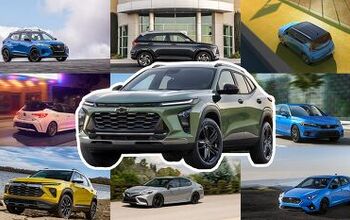

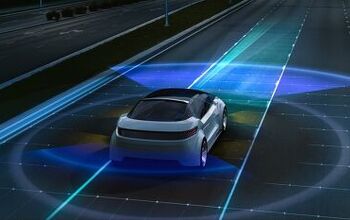



Comments
Join the conversation